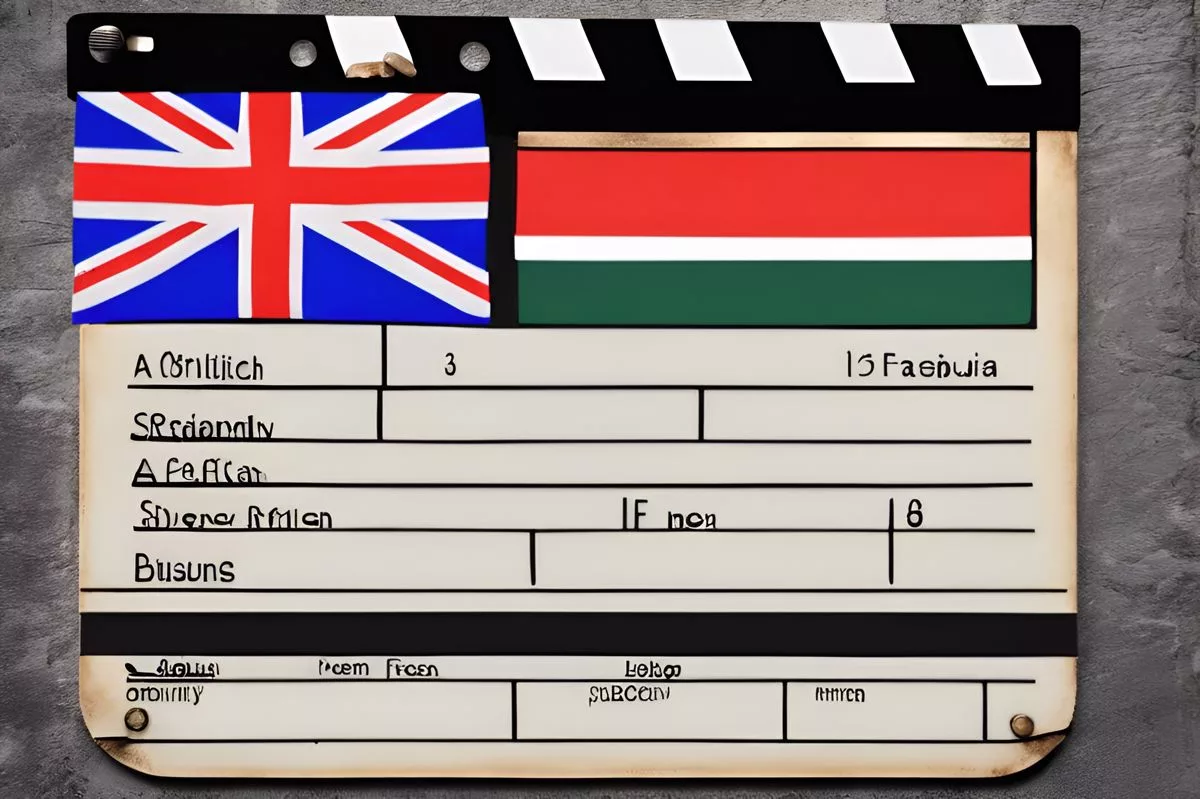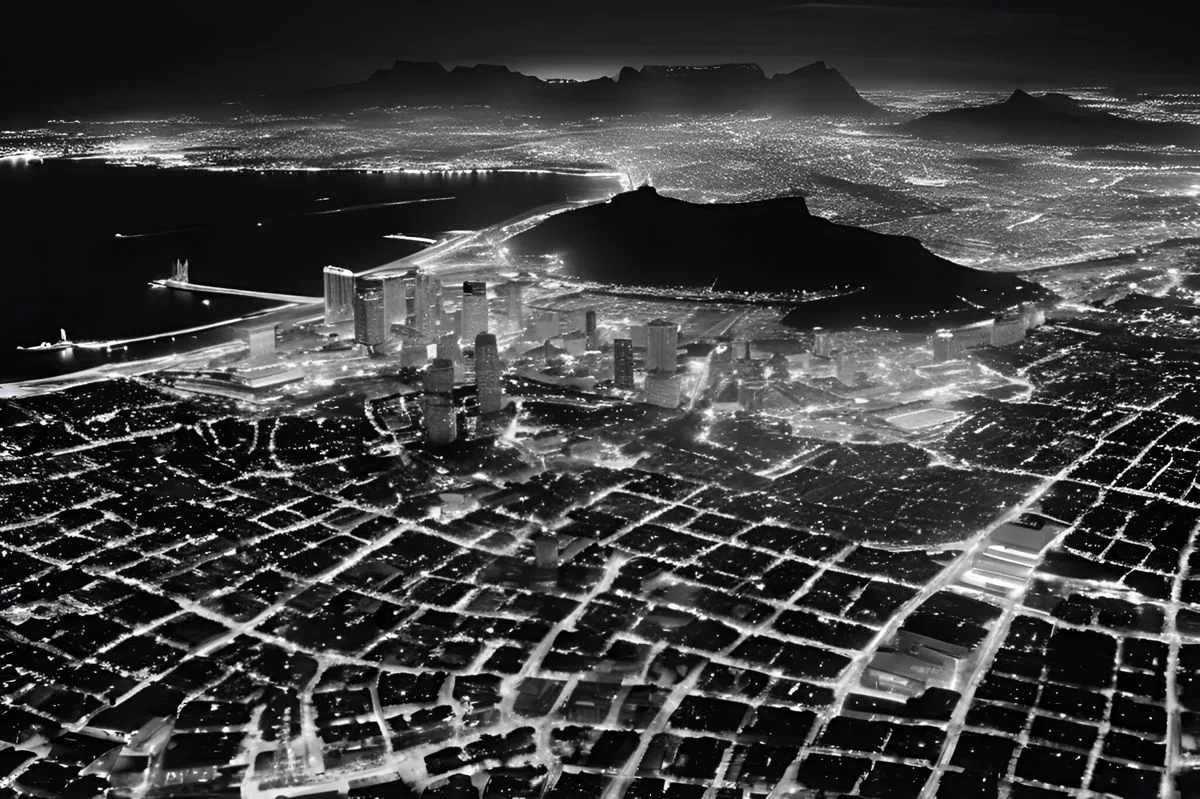Mandisa Zitha and Steven Markovitz were awarded the Knight of the Order of Arts and Letters medals by the French government for their contributions to African cinema. The award ceremony, attended by French Ambassador David Martinon, highlighted the impact of Zitha and Markovitz’s work on South Africa’s cultural environment and the global film industry. The awards affirm the growing relevance of African cinema and the importance of diverse storytelling in shaping global perceptions of Africa.
Two of South Africa’s distinguished film personalities, Mandisa Zitha and Steven Markovitz, were recently honored with esteemed awards by the French government for their contributions to African cinema. Zitha, director of the Encounters South African International Documentary Festival, and Markovitz, behind Big World Cinema, received the Knight of the Order of Arts and Letters medals for their impact on arts and literature. French Ambassador David Martinon emphasized their remarkable contributions to the arts and the broad impact they have on South Africa’s cultural environment.
In the pulsating heart of Cape Town, a significant incident transpired within the lively core of the movie production sector a week ago. Two of South Africa’s distinguished film personalities were bestowed esteemed awards by the French government. This commendation was in appreciation of their ‘input to African cinema’, an ever-growing cinematic revolution that is rapidly earning worldwide recognition.
The Honorees and Famed Accolades
Leading the group of honorees was Mandisa Zitha, an animated powerhouse in the documentary sphere. She commands respect as the director of the Encounters South African International Documentary Festival. Sharing the spotlight with her was Steven Markovitz, the driving strength behind Big World Cinema. Both were privileged with the Knight of the Order of Arts and Letters medals – commonly referred to as the Ordre des Arts et des Lettre medals. The award symbolizes French veneration for artists and writers, acknowledging noteworthy contributions to arts and literature.
The magnificence of the award ceremony escalated by the attendance of David Martinon, France’s ambassador in South Africa, as documented by News24. Amid the glowing smiles and cheerful applause, Zitha expressed her appreciation to the selection committee for this prestigious recognition. Her modest recognition of the gifted individuals around her highlighted the team spirit deeply rooted in the industry. Zitha eloquently emphasized the joint efforts that resulted in the creation of Encounters, a medium that praises local storytelling and offers unimaginable opportunities.
Reactions and Remarks from the Awardees
Similar thoughts were reciprocated by Markovitz, who felt honored by the French government for his input to African cinema. His future ambitions encompass persisting in his work with African moviemakers, passionate about narrating stories that confront Africa’s dominant narrative. A viewpoint that carries the potential to reshape Africa’s depiction in international cinema.
Martinon also shared the French thrill at awarding the esteemed Chevaliers de l’ordre des Arts et des Lettres to the two deserving nominees. His remarks emphasized their remarkable contributions to the arts, their talent, tenacity, and the broad impact they have on South Africa’s cultural environment. His statement conveyed French recognition of their part in reinforcing the artistic bonds between the two countries, sparking a vibrant exchange of creativity and innovation.
The Global Impact of Zitha and Markovitz
The influence of Zitha and Markovitz extends beyond the South African film industry; it reverberates on an international scale. As Martinon correctly highlighted, their triumphs are a cause for pride and festivity. Their continuous success and sway in the film industry serve as an inspiration to the broader cinema community.
The acknowledgment of Zitha and Markovitz by the French government affirms the escalating relevance of African cinema on the world platform. It is a validation of their commitment and devotion to narrating stories that challenge existing narratives and offer the globe a view into the richness of African culture and heritage. It provides a stage for voices that need amplification and stories that demand narration, triggering a shift in the global perception of Africa, one film at a time.
Who were the recipients of the Knight of the Order of Arts and Letters medals?
Mandisa Zitha and Steven Markovitz, two distinguished film personalities from South Africa, were awarded the Knight of the Order of Arts and Letters medals by the French government.
What were the awards for?
The awards were given in appreciation of their contributions to African cinema and their impact on South Africa’s cultural environment and the global film industry.
What is the Knight of the Order of Arts and Letters medal?
The Knight of the Order of Arts and Letters medal, also known as the Ordre des Arts et des Lettre medal, is a French award that symbolizes French veneration for artists and writers, acknowledging noteworthy contributions to arts and literature.
Who attended the award ceremony?
The award ceremony was attended by French Ambassador David Martinon.
What was the reaction of the honorees?
Mandisa Zitha expressed her appreciation to the selection committee for the prestigious recognition and emphasized the joint efforts that resulted in the creation of Encounters. Steven Markovitz felt honored by the French government for his input to African cinema and expressed his future ambitions to persist in his work with African moviemakers, passionate about narrating stories that confront Africa’s dominant narrative.
What is the impact of Zitha and Markovitz’s work on the global film industry?
Zitha and Markovitz’s influence extends beyond the South African film industry; it reverberates on an international scale. Their continuous success and sway in the film industry serve as an inspiration to the broader cinema community and affirm the escalating relevance of African cinema on the world platform. It provides a stage for voices that need amplification and stories that demand narration, triggering a shift in the global perception of Africa, one film at a time.












